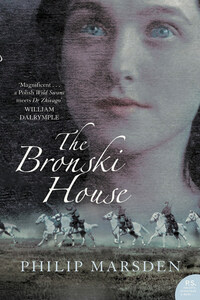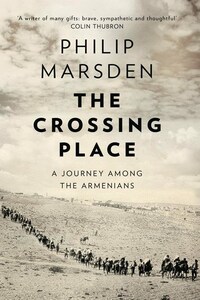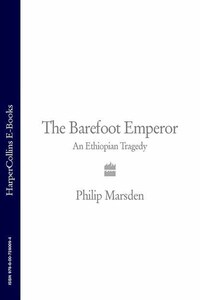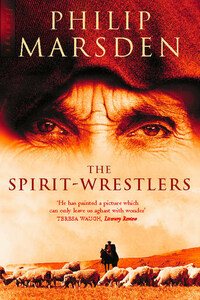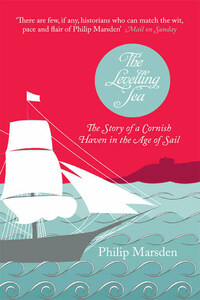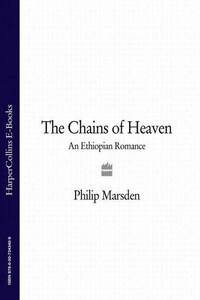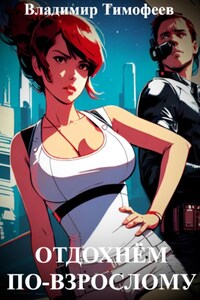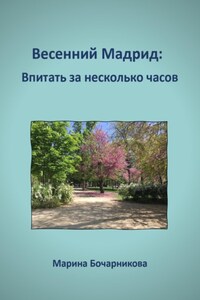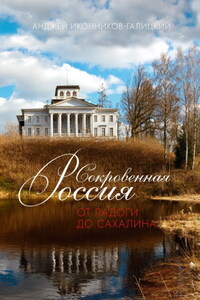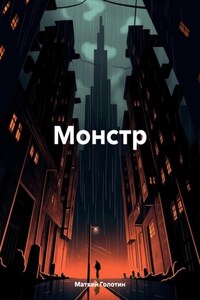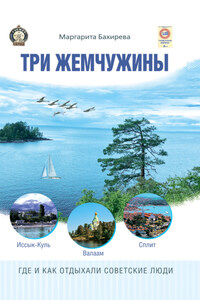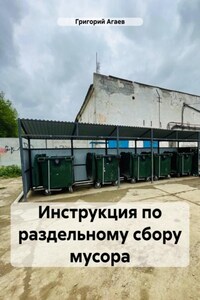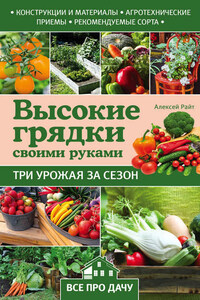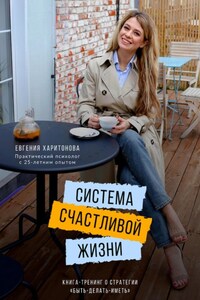THERE WAS A HOUSE I knew as a child, grey-fronted, steep-lawned, with a birdâs-eye view of a Cornish harbour. The house was set apart from the village, in its own ring of elm trees. From the lawn, you looked down the slope and over the treetops to a granite quay. The quay curled around the fishing tenders which bobbed about inside it. Beyond them, the bay widened towards a pair of headlands fringed with pine trees, a kind of gateway to the plains of the open sea.
In front of the house was a monkey-puzzle. It was tall and very straight with no branches until right at the top where a Medusaâs-head of bracts burst out from the trunk. The tree had been planted by a sea-captain, one hundred and fifty years earlier. His last mission had been to take a member of the Portuguese royal family into exile in South America. For this he had been rewarded with a casket of gold and a bag of araucaria seeds. The gold he used to build the house. The seeds he planted in front of it. He called the house: Braganza.
For a few weeks every year we went to a cottage in the village below Braganza. It was August. The bay was hazy. White sails drifted across it. The chorus of the gulls was relentless. The lawn at Braganza, where we went to tea on Sundays, was as dry as a desert.
For years, Cornwall was the only abroad I knew. Crossing the Tamar, on an old stone bridge the colour of elephant skin, I closed my eyes and imagined it took two days; when I opened them again I felt sure we would be on some strange and far-off island. But it never worked. If Cornwall wasnât quite England, it wasnât quite abroad either.
I already knew what abroad would be like; it would be like Braganza. There everything was different â the noises, the food, the smells. The voices you heard from the landing, from behind half-open doors, were foreign ones. Extraordinary things hung on the walls â wolfskins, bearskins, cutlasses, velvet-stocked muskets and icons. There were hand-tinted cartoons on the stairs, eerie wood-cuts of cobblers cobbling and reapers reaping, and perched on high marble plinths, looking somewhat like cockerels, was a vast array of silver samovars.
Braganza was a big house and there were parts of it I never saw. But I knew that some profound sadness lived in its more remote corners. Not an English sadness â a hushed thing, a âdonât-go-too-close-dearâ sadness; this was a sadness without shame, something noble, a sadness that could face its own depths, a sadness rooted in truth â a sadness that was also the springboard for joy.
I did not know its name. But I sensed it had something to do with the framed photographs on a cabinet in the drawing room: the stern-gazed women, the tousle-haired sons with their rakish moustaches, the family groups picnicking in the forest. It probably had something to do with the painting of a long, low-fronted house and the larch tree which stood in front of it. But most of all it had to do with the woman who lived there.
Zofia was Polish. She had kind, hooded eyes and a spongy accent which she never lost. She delivered her speech in such honeyed tones that sometimes listening to it, I would forget what she was saying and simply sit there watching her, letting the words fall over me like a balm. I loved her stories and her faraway looks, her pale translucent eyes. I loved the aura that surrounded her. I loved her sadness.
The year I was born Zofia had her fortieth birthday. Her husband owned the two harbourside hotels below the house. He staffed them with waiters from southern Italy who started fights and gave babies to the local girls. When I was five, Zofia bent down to me and whispered, âPhilip, will you be my friend, my special friend?â
âYes, please!â
âI have four boyfriends already,â she confessed. âMy husband, my son and my two dogs. But you, Pheelip, you must be one too. Would you like that?â
After that not a Christmas went by without some surprise gift arriving in the post â an onyx egg, an old postcard of a place called Wilno, a Polish bank note, a pen. The pen was a magic one, she said â it will write magic things for you. She herself wrote magic things: witty, lyrical poems about amorous unicorns, talking lobsters and the strange gentlemen who stayed in her hotels.
Each August she took my brother and me to lunch in one of the hotels. We had to wear ties, and tweed jackets which were too big one year and too small the next. Zofia called the Italian waiters by name (usually the wrong one) and ordered complicated things like prawns and oysters which we slipped into our pockets when she wasnât looking. But afterwards she would concede to our tastes and ask for rice pudding, which she pronounced âRasputinâ.
